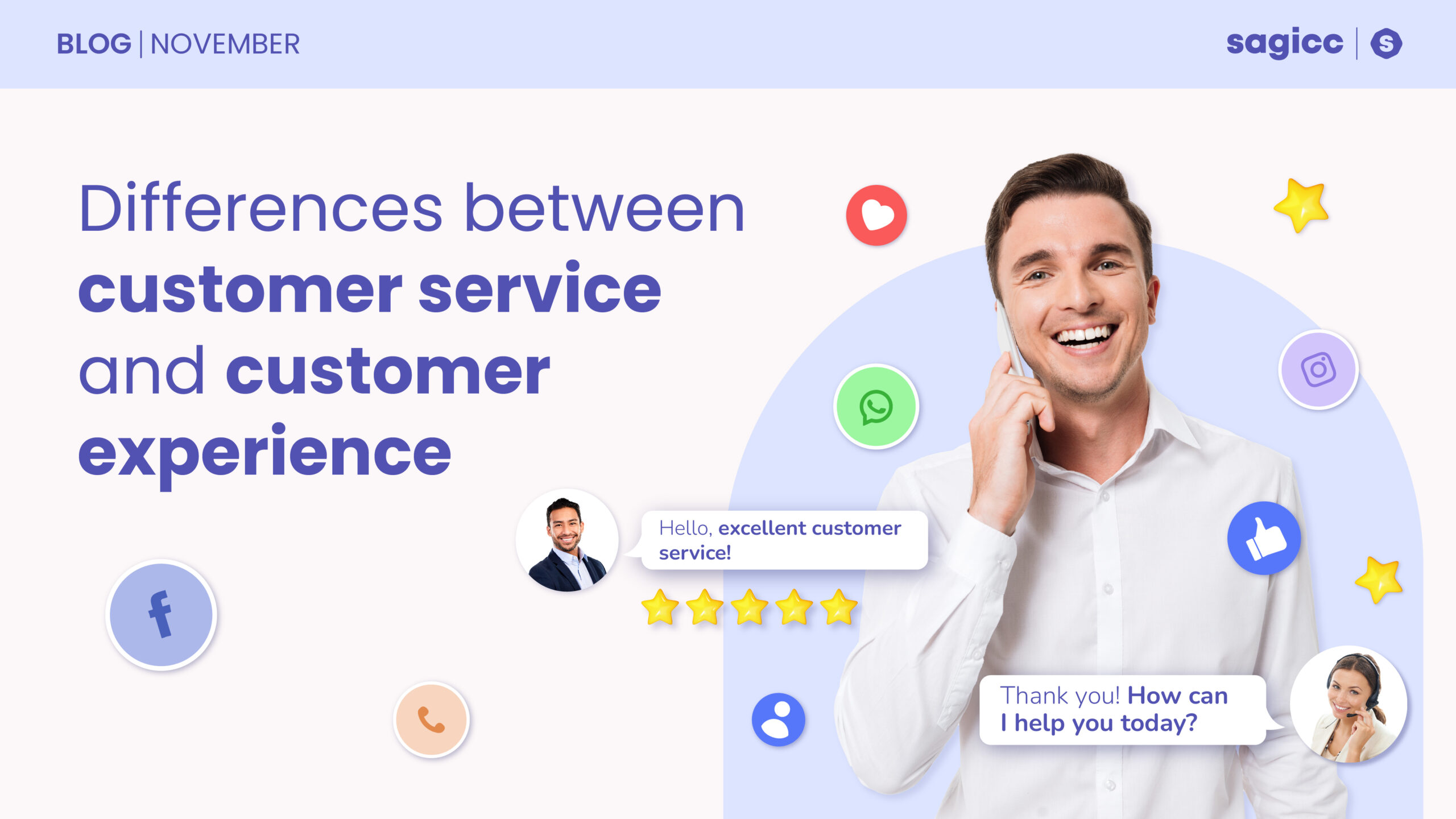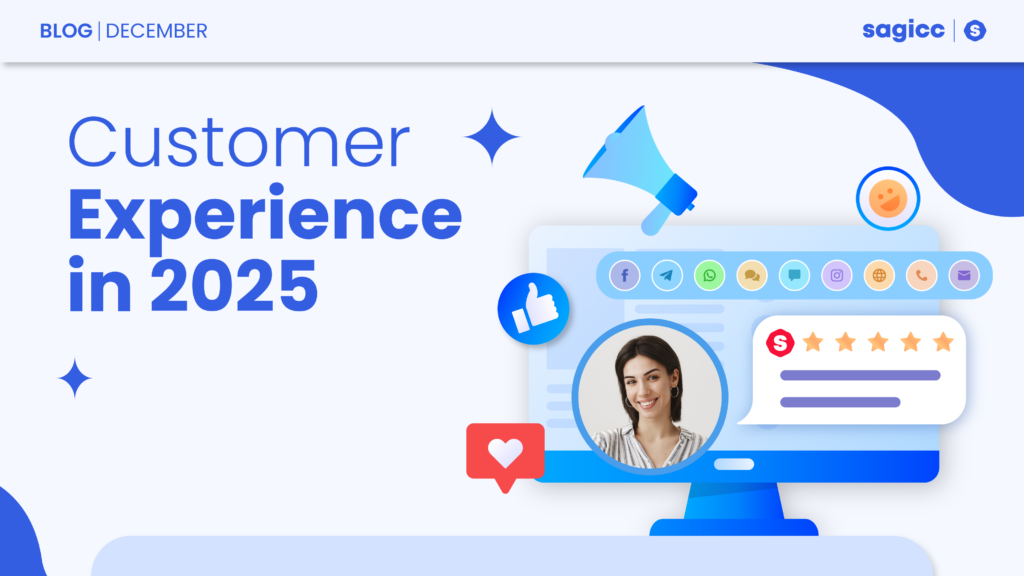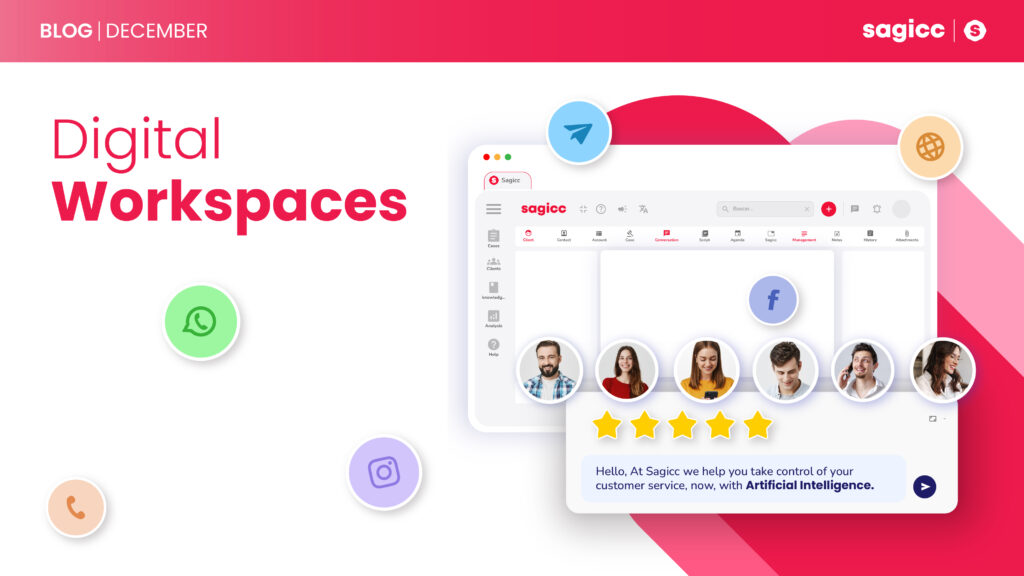Customer service and customer experience are concepts that are often confused. However, although both are related to the interaction between a company and its customers, they represent different focuses and impacts on the customer’s perception. It is important to understand the differences between service and experience to maintain consumer loyalty.
In this blog, we will talk about these two terms and their importance in each company’s strategy. Additionally, with data, we will show the value of efficient management of both terms.
What is customer service?
Customer service refers to direct interactions between a company and its customers, usually related to problem resolution, inquiries, or support. This type of service is used when the customer has a problem or question and is seeking a solution or answer. The priority is to provide immediate solutions and ensure that the customer is satisfied with the service provided.
An example applied to this definition is when a customer faces a problem with a product and contacts the support team for help. The success of this interaction is measured by the speed of problem resolution and the customer’s satisfaction with the solution.
According to a Microsoft study, 90% of consumers worldwide consider customer service a crucial factor when choosing and remaining loyal to a brand. Additionally, 58% of consumers say they would stop doing business with a company if customer service is poor.
Customer service is essential but has its limitations. It focuses on solving immediate problems and not necessarily on creating a long-term relationship.
What is customer experience?
This is a much broader concept that encompasses every interaction a customer has with a brand or company, from the first time they come into contact with it to after they have made a purchase or acquired a service.
Customer experience is not about problem-solving but rather about anticipating the customer’s needs and providing positive interactions at every touchpoint. This includes the purchase process, after-sales support, and customer service.
According to a PwC study, 73% of consumers say customer experience is a decisive factor in their purchasing decisions, and 43% would pay more for a superior customer experience. Additionally, companies that offer a good customer experience can improve their customer retention by 15%.
Although customer service and customer experience are related, there are key differences between them:
| Aspect | Customer Service | Customer Experience |
|---|---|---|
| Focus | Specific problem resolution. | Creating a positive and emotional long-term relationship. |
| Interaction | Reactive: responds to customer inquiries or problems. | Proactive: anticipates needs and enhances each interaction. |
| Goal | Immediate satisfaction. | Continuous loyalty and retention. |
| Touchpoint | Specific moments in the purchase or post-sale process. | Encompasses the entire customer lifecycle, from first interaction to post-sale. |
| Duration | Generally limited to problem resolution. | Extends throughout the entire customer relationship. |
According to Forbes, companies that invest in improving the customer experience see higher customer retention rates and increased revenue. In fact, customer-centric companies can increase their revenue by 4% to 8% more than the rest of the companies in their sector.
Sagicc is an omnichannel platform designed to optimize both customer service and customer experience. Through advanced tools such as automated responses, artificial intelligence, and real-time data analysis, Sagicc enables companies to offer agile and efficient customer service, reducing wait times and improving problem resolution.
Additionally, Sagicc is designed to enhance the customer experience throughout their journey. With its omnichannel approach, customers can interact with companies through multiple channels (social media, email, live chat, among others), ensuring a smooth and consistent experience. This not only improves immediate satisfaction but also creates a long-term relationship based on trust and loyalty.
While customer service and customer experience are different concepts, both are fundamental to business success. Customer service is crucial for solving immediate problems, but customer experience is what truly ensures customer loyalty and long-term business growth.






